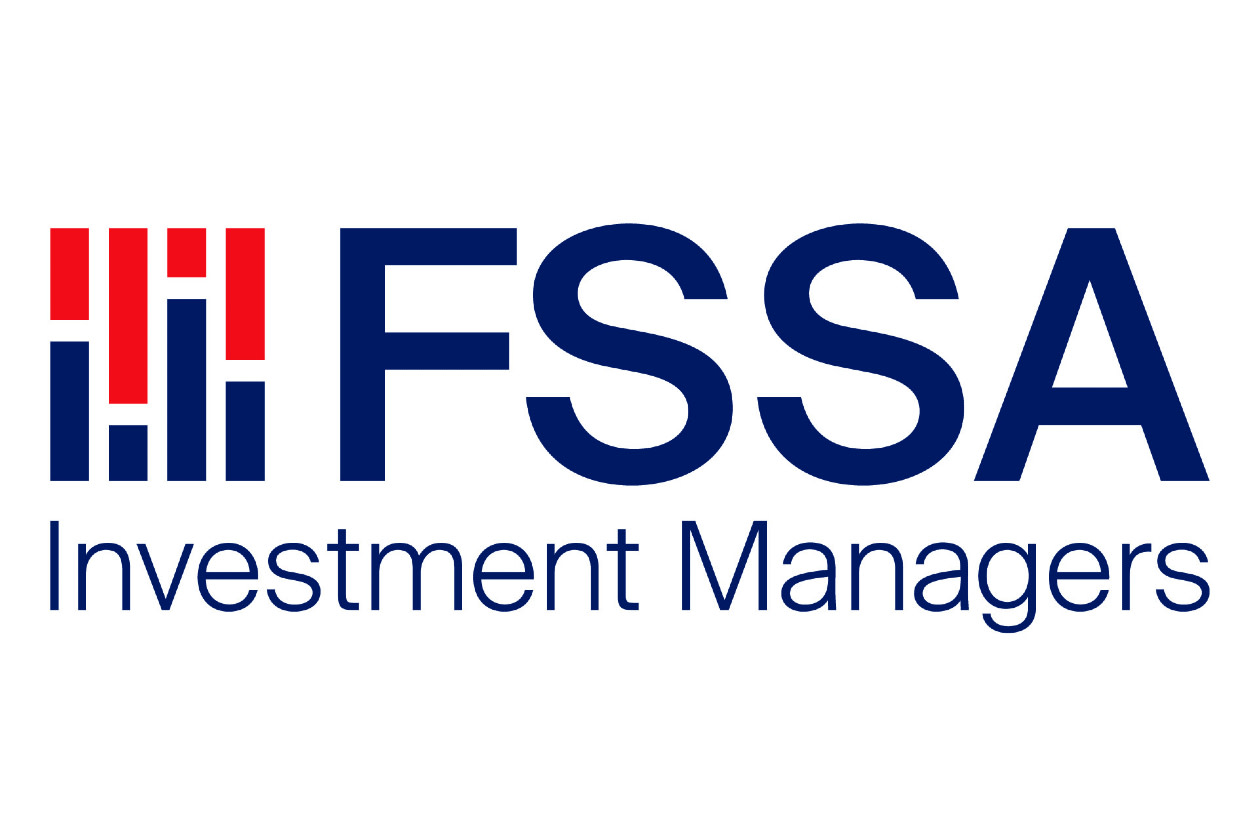FSSA has established a strong China franchise and built a talented team
We like the culture and philosophy at FSSA – the managers view themselves as stewards of investors' capital, looking after it as though it's their own
Martin Lau has been investing in China since 2003 and built up a strong track record
This fund features on our Wealth Shortlist of funds chosen by our analysts for their long-term performance potential
How it fits in a portfolio
FSSA Greater China Growth aims to deliver long-term capital growth by investing in companies based in, or conducting most of their business in, China, Hong Kong or Taiwan. Their conservative investment approach means we would typically expect more stability in returns compared with their benchmark and peers in the IA China/Greater China sector.
We think the fund could form part of a broader global investment portfolio or diversify other investments in Asian and emerging markets. China has long-term growth potential, but a fund focused on a single emerging country is a high-risk option so investors should expect volatility and it should only make up a small part of an investment portfolio.
Manager
Martin Lau joined FSSA in 2002 and has been lead manager of this fund since launch in December 2003. He’s a highly regarded Asian fund manager and has invested in the region for more than two decades. In that time, he's managed several funds that invest broadly across Asia, as well as those that focus specifically on China, an area he specialises in.
Lau is a humble fund manager and open about both what has worked well and what hasn't in his funds. These are qualities we like. While we rate him highly, he isn't a one-man band. Helen Chen was appointed co-manager of this fund in 2019 – she joined First Sentier in 2012 and is responsible for research into Greater China companies.
The managers are supported by a diverse team, all of whom follow the same investment philosophy. They all contribute investment ideas and provide important challenge before any investment is made.
Process
FSSA’s philosophy centres around ‘quality’. The definition of quality is subjective but to Martin Lau and his team, they believe that the management team in charge is the most important aspect. That’s why they try to find companies run by reputable management teams that don't take unnecessary risks in the pursuit of short-term gains.
Their process hunts for companies that have the potential to grow earnings sustainably over the long run. This means they should have a competitive advantage that others struggle to replicate, such as a well-known brand or the ability to raise prices for their products without affecting demand from customers.
The managers take a bottom-up approach and are not afraid to express their conviction. As a result, the portfolio can look very different to their benchmark. For example, they currently invest more (known as being ‘overweight’) in consumer-focused companies and industrials. In contrast, they invest less (‘underweight’) in financial and technology companies. In terms of countries, the bulk is invested across China and Taiwan with 55% and 32% invested in each, respectively. While the fund mainly invests in larger companies, it can also invest in some higher risk smaller companies.
When making any investment, the managers take a long-term view. Therefore, they don’t tend to make too many changes from year to year. They often sell shares in companies that have performed well and could have less room to grow in future and buy more shares in companies that have been weaker, but still have growth potential.
Over the past 12 months the FSSA conducted a review of their investments in China to ensure they still meet their requirements. This exercise led to the sale of several holdings including healthcare company, Autobio Diagnostics and consumer focused companies, Laobaixing Pharmacy Chain and Minth Group.
The proceeds were invested into other investments where they have more conviction such as consumer staples businesses Yifeng Pharmacy Chain and China Mengniu Diary. Outside of China, the managers added significantly to their investment into MediaTek, the Taiwanese technology company as well as a new investment into Parade Technologies, another Taiwanese technology company which is focused on high-speed interface and display systems.
Culture
We like the culture and philosophy that's been cultivated at First State Stewart Asia (FSSA, part of the broader First Sentier Investments group). The team is made up of investors dedicated to looking after clients' money as if it's their own.
FSSA places emphasis on recruiting and maintaining great people. Every manager and analyst advocates the team's overriding philosophy. At the same time, their individual personalities are allowed to shine, and they're encouraged to bring their own ideas to the table.
Lau is a Managing Partner of FSSA, so we think he's incentivised to ensure the business, including its funds and people, are successful. He looks after its team of analysts and fund managers, which means he can pass on his knowledge and experience. It also means he has additional responsibilities, but we're confident he spends most of his time focused on looking after his clients' money.
First Sentier Investments was acquired by Mitsubishi UFJ, a Japanese bank, in 2019. Takeovers can sometimes lead to disruption and corporate change, though positively FSSA remains an independent investment team.
ESG Integration
For the team at First Sentier, ESG considerations are much more than a label or box to be ticked. Taking these factors into account is a natural extension of the same investment process they’ve used for decades. The team’s philosophy is founded on stewardship – when they make an investment, they see themselves as part-owners of the business and want to make sure it’s run in a way that’ll benefit all shareholders.
ESG issues form a core part of this. For example, they don’t like companies that make reckless decisions in the pursuit of short-term gains, rather than focusing on longer term, more sustainable growth. A business shouldn’t exploit its workforce, take advantage of tax loopholes, or skirt around industry legislation. Importantly, it should cause little, if any, harm to the environment around it. First Sentier has made a firm-wide commitment not to invest in companies whose primary business is to make cigarettes (or other tobacco products), or controversial weapons.
The team also engages closely with company management. It helps them make sure management remain on track with sustainability issues, and means they can encourage a change in behaviour if required. If they don’t think a business meets their standards, or is doing enough to address a problem, they won’t invest. They produce an annual Responsible Investment report, and a Stewardship report. These reports outline the firm’s voting record, provide engagement updates and case studies, and present other ESG-focused research.
Cost
The fund has a standard annual ongoing charge of 1.09%, but we’ve secured a 0.05% saving for HL clients. That means a net ongoing charge of 1.04%. The fund discount is achieved through a loyalty bonus, which could be subject to tax if held outside of an ISA or SIPP. Our platform charge of up to 0.45% per annum also applies, except in the HL Junior ISA, where no platform fee applies.
Performance
Martin Lau has built up an enviable track record since he started managing the fund in 2003. During this time the fund returned 1,037.07%* versus 412.71% for the MSCI Golden Dragon Index and 384.40% for the IA China/Greater China sector average. Past performance isn't a guide to future returns.
As with any investment in emerging markets, investing in China can be more volatile than developed market investing. Lau and his team are conservative in the way they manage money, they aim to limit losses in a falling market. They do this by investing in companies they think will see consistent demand for their products or services and prosper over the long term. This means the fund has tended to hold up relatively well when markets have been weaker, but lag when markets have risen strongly.
Over the past 12 months the fund fell by 5.95% versus a 2.44% increase for the MSCI Golden Dragon index. Whilst disappointing, the fund performed relatively well versus peers with the IA sector falling by 10.34%.
TSMC, the Taiwanese semiconductor company is the fund’s largest investment with a 10% position (the maximum amount allowed). The company has performed very well over this period following the recent surge in artificial intelligence. However, since TSMC accounts for around 18% of the benchmark, the lower amount invested hurt relative performance for the fund. Other notable detractors included the Chinese dairy focused company, China Mengniu Diary, and Chinese insurer, Ping An Insurance.
It wasn’t all bad news though over this period. The fund’s investments in consumer communication services and consumer discretionary companies performed relatively well such as Midea Group, the Chinese appliances manufacturer. Techtronic Industries, the Taiwanese power tools company was another noteworthy performer.
Annual percentage growth
Apr 19 - Apr 20 | Apr 20 - Apr 21 | Apr 21 - Apr 22 | Apr 22 - Apr 23 | Apr 23 - Apr 24 | |
|---|---|---|---|---|---|
FSSA Greater China Growth | 4.26% | 39.42% | -15.52% | 1.11% | -5.95% |
IA China/Greater China | 3.84% | 32.16% | -24.35% | -6.76% | -10.34% |
MSCI Golden Dragon Index | 1.54% | 32.14% | -20.87% | -5.98% | 2.44% |


